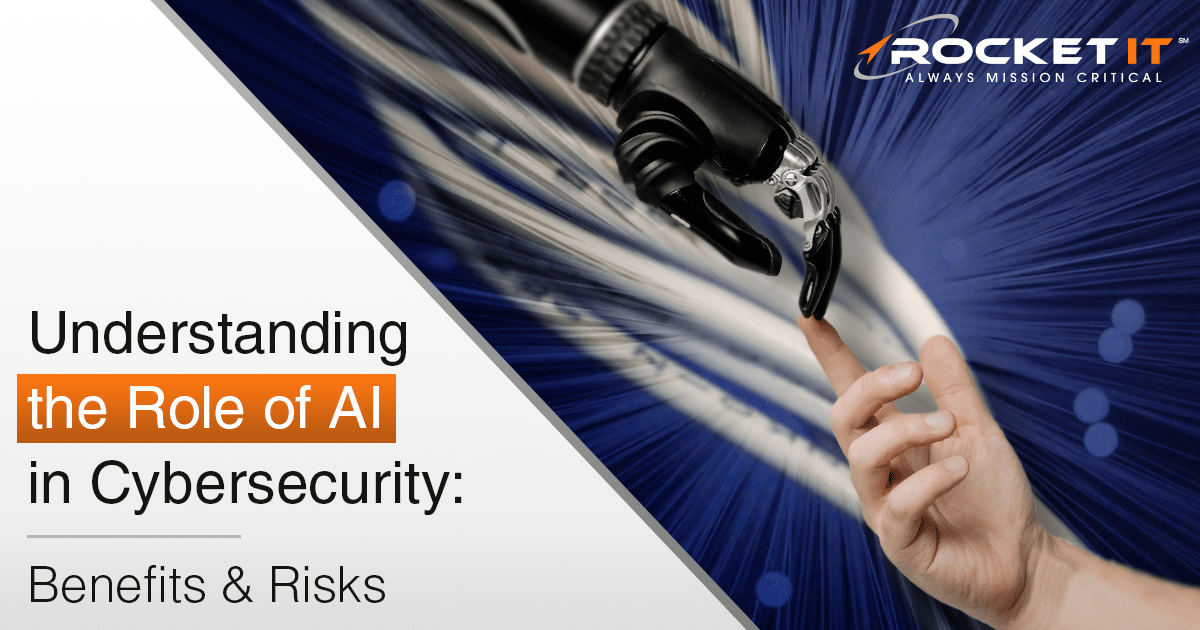The Role of VPNs in Protecting Your Business Data and Remote Workers

In 2021, cybercriminals made bank, increasing their revenue by 64 percent. In turn, hackers have turned their illegal activities into a $6.9 billion industry.
While there are a few variables that could contribute to this increase, security experts believe the rise in cybercrime can be attributed to many organizations adopting remote work policies without the proper cybersecurity solutions in place.
Understanding that remote and hybrid workplaces are here to stay, VPN cyber security is now an essential part of any modern cybersecurity strategy.
What Is a VPN and What Does It Do?
For businesses, a virtual private network, better known as a VPN, allows employees to connect to a company-owned server from any location with internet available.
So, what protection does a VPN provide? Using a VPN for network security adds an extra layer of defense to safeguard an organization’s network from attack and ensures all employee traffic is encrypted. By encrypting said traffic, a VPN serves as a secure gateway for sending data back and forth, both inside and outside the office.
The data being transmitted can only be decrypted with a specific key stored on your VPN server, making it impossible for cybercriminals to understand the data you and your team exchange. As a result, it provides additional protection from malware, ransomware, and other cybersecurity risks.
Additionally, a VPN can also serve as a digital firewall that blocks unauthorized or suspicious users from accessing your network. This keeps cybercriminals from hacking their way into your system where they can access your sensitive files.
Using a VPN in Information Security to Support Your Remote and Hybrid Teams
82 percent of employees and 84 percent of their managers would prefer to work remotely more often. In turn, some organizations are using remote work as an incentive to attract top talent.
That said, in order for remote work to remain a viable option, it’s crucial for business leaders to both understand and address the potential cybersecurity risks associated with out of office work.
VPNs are especially important in enabling remote and hybrid work because they establish direct, clear connections between team members working from home and your business’s most sensitive, valuable internal resources.
Although virtual private networks used to be challenging and unwieldy to use, recent advancements in technology have ensured that’s no longer the case. Now, the best VPNs for cyber security are secure, simple to use, even for those who might not consider themselves great with technology. They can be installed on many kinds of devices including:
- Laptops
- Tablets
- Mobile phones
How to Activate a VPN for Cybersecurity
Depending on the individual needs of your organization, you can ensure your VPN is set to activate automatically as soon as someone fires up their device and connects to a wireless network. By doing this, you can make sure that offsite employee activity always stays secure.
Once activated, a VPN user can go about business as usual, accessing their organization’s internal resources securely.
Protection for Your Most Valuable Data, Wherever You Are
While a VPN can increase data accessibility and offers the opportunity for flexible remote work, it’s important your VPN is configured to defend against cyberattacks.
With Rocket IT’s Ideal IT solution, organizations are able to select a proper VPN service, set it up appropriately, and foster a truly secure remote work environment.
For organizations seeking the best VPN for cyber security and remote work opportunities, request a consultation to learn more about Ideal IT.
Related Posts
Subscribe to Rocket IT's Newsletter
Stay up to date on trending technology news and important updates.

Find out if Rocket IT is the right partner for your team
Claim a free consultation with a technology expert.










